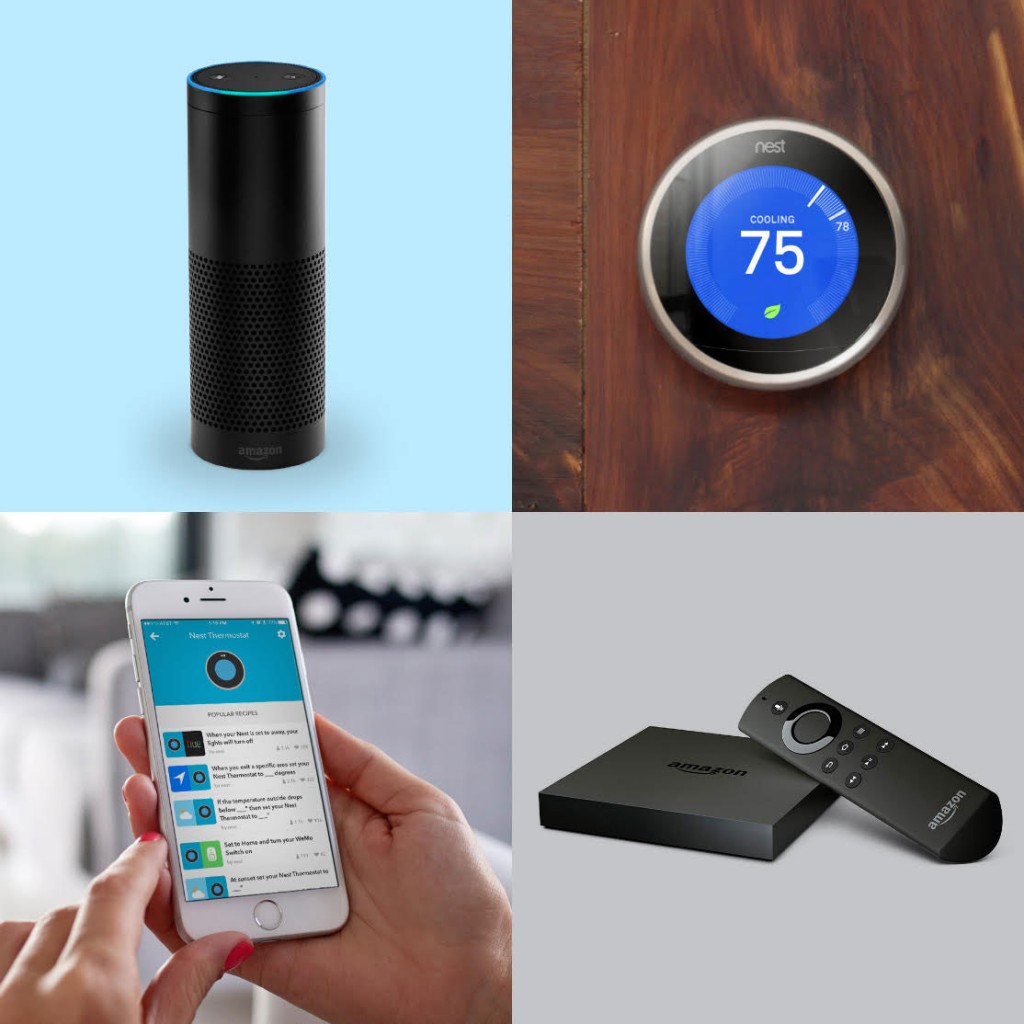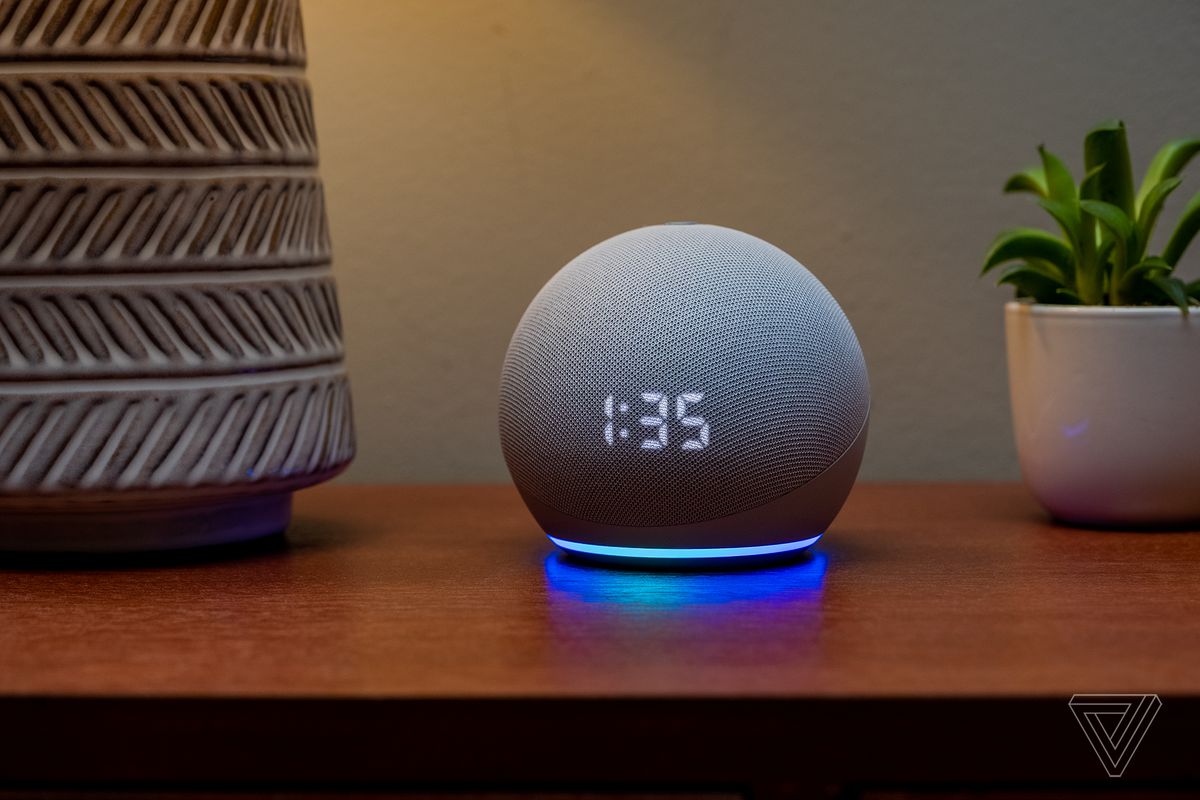Amazon made waves in 2014 when it introduced its own version of an artificial intelligence-based virtual assistant (VA) on its Echo speaker. Dubbed Alexa, the VA is already capable of answering simple questions and giving thought-out responses to queries put to it. From accessing your playlist remotely via Bluetooth to ordering a pizza, Alexa performs a wide range of easy tasks.
A new feature is now on the cards for Alexa, one that will enable it to sense emotion in the user’s voice and respond accordingly. To begin with, Alexa may soon be apologizing for misunderstanding questions. The feature involves advanced language-processing technology to not only accurately capture the meaning of the words spoken, but even try and understand the intent and the emotion underlying them. It will also analyze previous conversations to guide its future responses, getting smarter with time.
Alexa is much newer than other VAs like Apple’s Siri or Microsoft’s Cortana, but is unique in that it is integrated into Amazon Echo, which is completely voice-controlled. If Amazon is successful in integrating this feature, it will be the first time a bot actually identifies and responds to emotion.
Researchers have long held that the ability to identify emotional tones in spoken language will tremendously enhance artificial intelligence capabilities, but consumer products are yet to be developed with these skills.
As such, this will not only be a first for Amazon, but for the technology itself. IBM Watson is also working on something called a Tone Analyzer, but this is currently for written text only. The utility checks three core parameters of the input text: emotion, language style and social tendencies. It then grades the text on how much of each emotion or characteristic it contains, such as joy, anger, openness, confidence and so on.
Analyzing spoken words is a much more complex task because it involves not only these three core parameters, but also aspects such as intonation, voice stress levels, brevity of speech, accent variations and so on.
If Amazon can indeed crack this code, it will be small step for Alexa and a huge leap for AI-kind.



